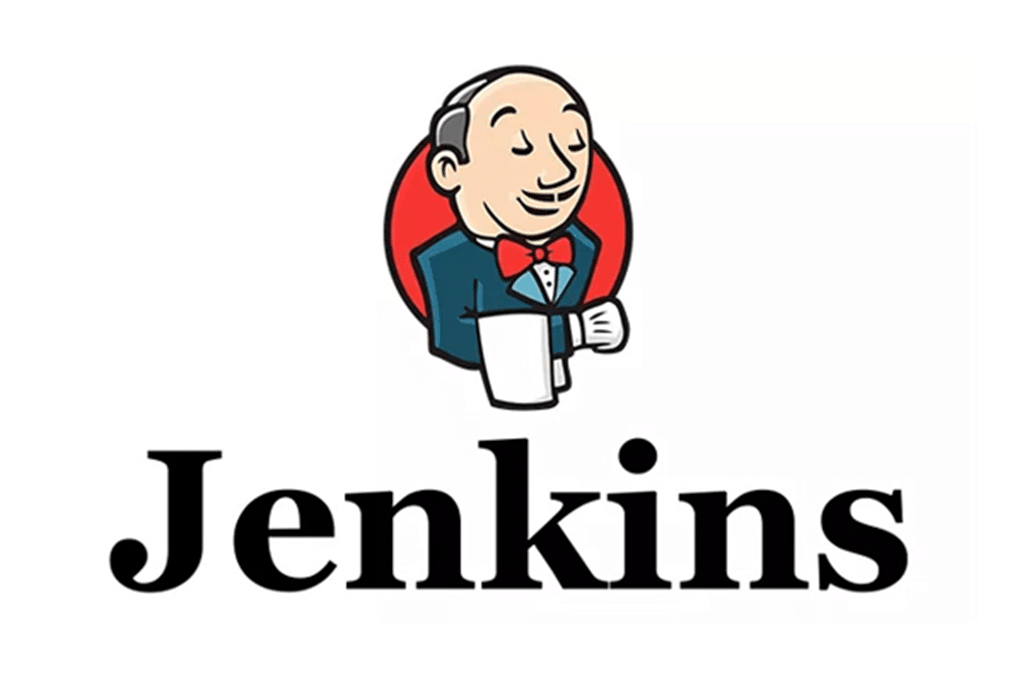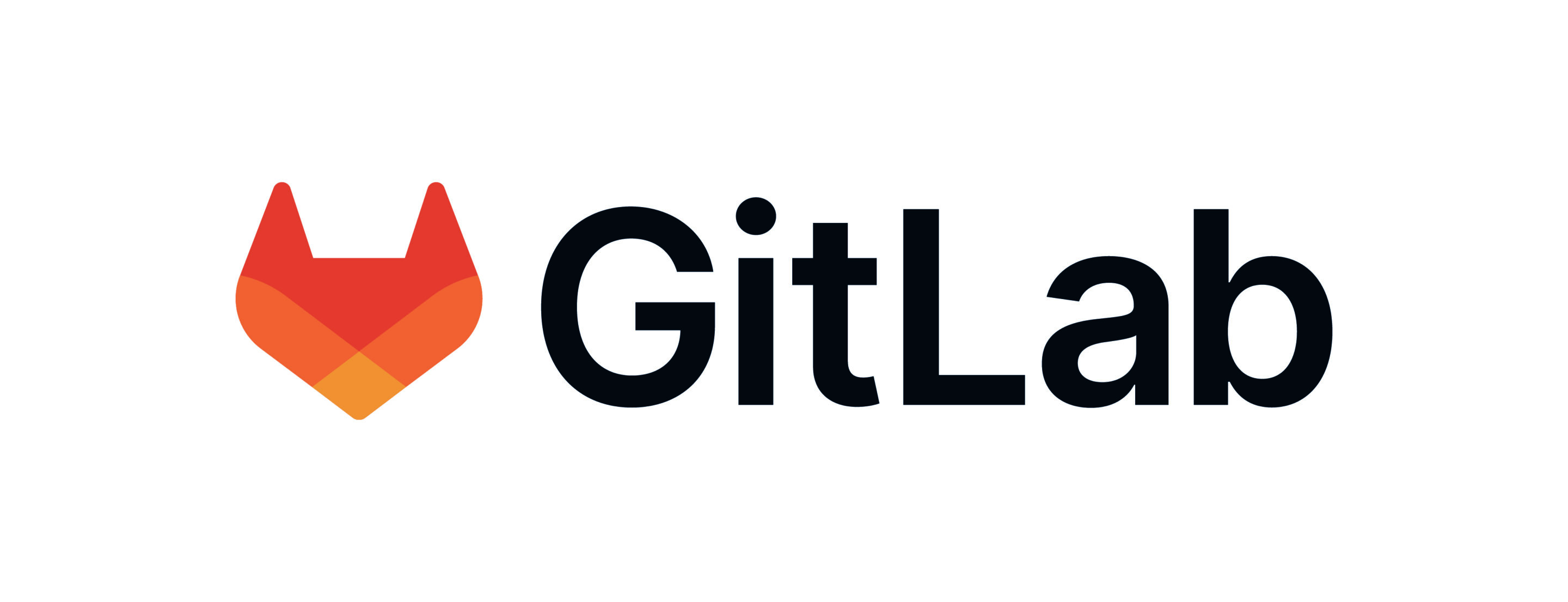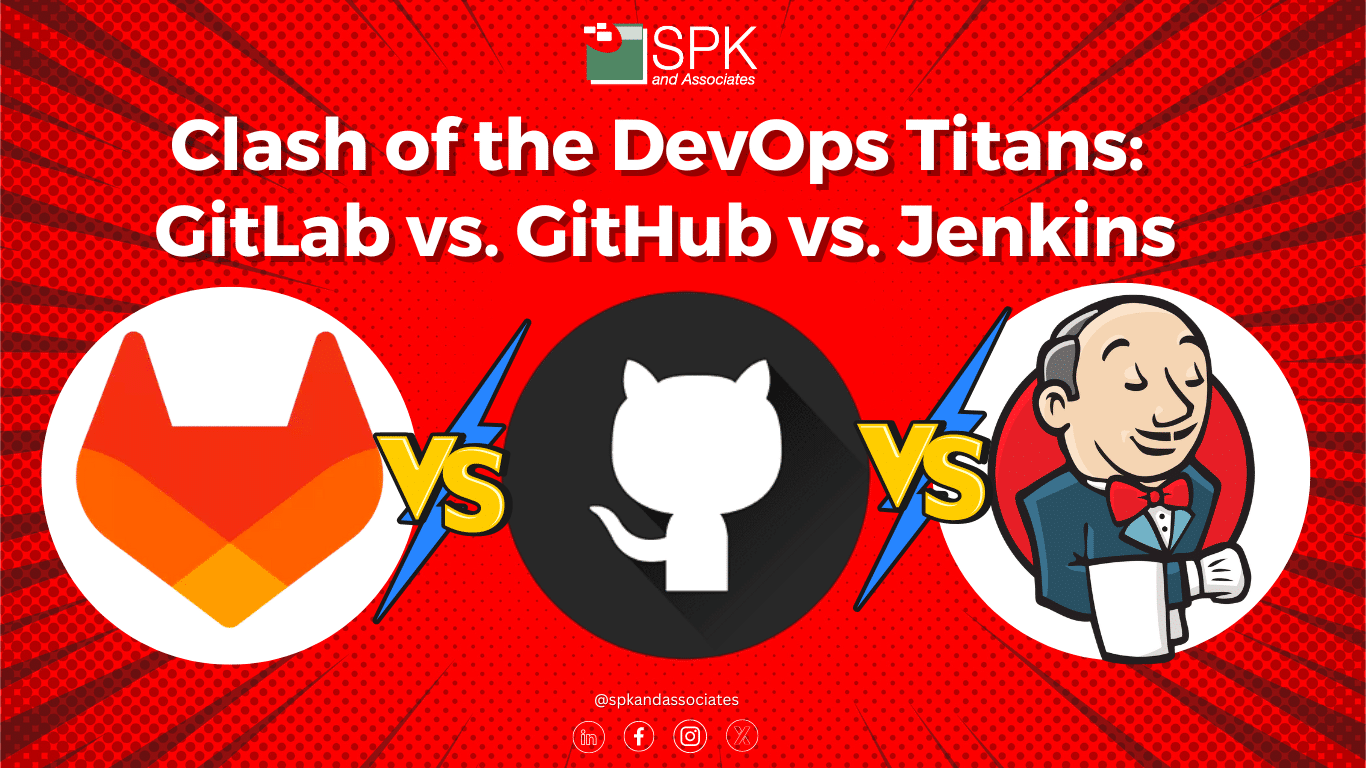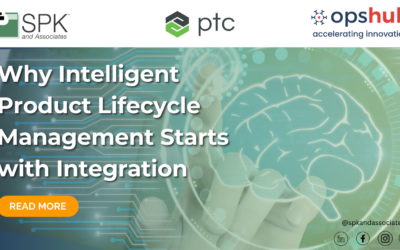Choosing the right tools can make or break your software development process. Gone are the days when Jenkins was the de facto standard. Now, we have a plethora of offerings, each with its unique features and purported benefits. But, there are three heavyweights in the DevOps arena: GitLab, GitHub, and Jenkins. Each brings its own strengths and nuances to the table. In this blog post, we’ll cover the key aspects of these platforms to help you make an informed decision on which DevOps CI/CD platform is best for you.
The Evolution of CI Servers
Continuous Integration (CI) servers have come a long way from their humble beginnings as glorified shell scripts. Today, they play a central role in the well-oiled machinery of software delivery projects. With the rise of agile methodologies and Continuous Delivery practices, CI servers including GitLab vs GitHub Actions, vs Jenkins have moved to the forefront of the development lifecycle.

Jenkins vs GitHub Actions vs GitLab
Knowing what each platform is good at and where it might fall short is important for making smart choices. Jenkins has been around the longest – like the wise old titan in mythology. On the other hand, GitLab and GitHub are newer, born in the digital age, and have their own advantages. That’s why we’ve created these pros and cons tables for each. Let’s see which DevOps platform stacks up….

Jenkins: Showing Signs of Aging?
Jenkins is showing signs of age. But it’s still a sturdy and established platform with plenty of life left in it. Check out this whitepaper released in 2022 showing how it accelerates CI/CD pipelines. However, Its lack of starter templates for quick setups and the absence of Directed Acyclic Graph (DAG) pipelines can lead to longer feedback times. While CloudBees has released some new updates for Jenkins in 2023, it is still very much a traditional DevOps tool in the sense that it is built to be behind the firewall and not cognizant of cloud services as much as others. Here’s an overview of the other pros and cons for Jenkins.
GitLab and GitHub: The Modern Contenders
GitLab and GitHub Actions represent the modern face of CI/CD. However, ‘newer’ doesn’t mean they have everything perfect for everyone. However, GitLab is pretty close given it was also named a Leader twice in 2023 for its DevOps and AI powered DevSecOps capabilities.
GitLab
GitLab stands out for its all-in-one approach, integrating version control, repository management, collaboration tools, and CI/CD in a single platform.

GitHub Actions
GitHub Actions, with its seamless integration with GitHub repositories, offers an attractive option for those deeply embedded in the GitHub ecosystem.
The Opinionated Take: Any Titan Can Lead to Quality Software
While each platform has its strengths, the truth is, choosing any of these CI systems can lead to the release of quality software—assuming you’ve written quality software in the first place. Ultimately, the best platform choice really depends on your specific needs, preferences, and the dynamics of your development environment. So, whether you lean towards Jenkins, GitLab, or GitHub Actions, each can steer you towards efficient and quality software delivery.
The real victory lies in aligning your chosen CI/CD solution with your development goals and workflows.
Check out the top three tips to protect code for developers.
Practical Steps for Choosing Your DevOps Ally
Here are some practical steps to guide you through the decision-making process:
- Assess Your Environment: Stick with the build system of your existing version control provider (GitHub/GitLab/Atlassian) if it’s serving you well. And, if you’re using Jenkins, consider the maintenance overhead. Particularly if detached from your source code repository.
- Harden Your Delivery Chain: Prioritize security features like two-factor authentication, role-based access control, and vulnerability scanning. GitHub and GitLab shine in this aspect, offering comprehensive security features out of the box.
- Review Your Pipelines: If you’re heavily invested in vendor-specific tools and plugins, switching CI systems might not be straightforward. Therefore, consider the ease of migration and compatibility with your existing tools.
- Reproducibility Anywhere: Aim for reproducibility even if your CI system is down. Containerize your workloads to ensure consistent builds across different environments.
- Containerize Your Workloads: Beyond reproducibility, containerizing your workloads offers additional advantages. It solves the perennial “it works on my machine” problem and enhances portability.
- Simple always wins: Simplify your pipeline logic. If logic in your pipeline defines success or failure, it might be too intelligent. Instead, focus on defining quality gates and ensuring a safe release.
Want a sneak peak at the top nine trends for DevOps for beyond 2023? Check this out.
Need Support To Assess Which Tool Is Right For Your Specific Goals?
SPK can help. We’re a team of DevOps experts supporting teams around the world to improve their toolstack and workflows. Ultimately, we’re here to help you get your product to market – faster.






